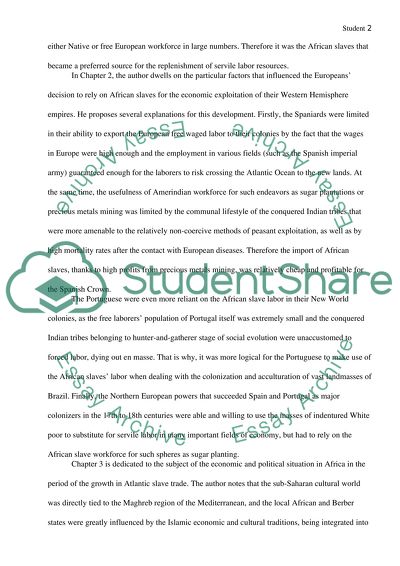Cite this document
(“The Atlantic slave trade by Herbert S. Klein Book Report/Review”, n.d.)
Retrieved from https://studentshare.org/history/1442949-reader-response-paper-on-the-book
Retrieved from https://studentshare.org/history/1442949-reader-response-paper-on-the-book
(The Atlantic Slave Trade by Herbert S. Klein Book Report/Review)
https://studentshare.org/history/1442949-reader-response-paper-on-the-book.
https://studentshare.org/history/1442949-reader-response-paper-on-the-book.
“The Atlantic Slave Trade by Herbert S. Klein Book Report/Review”, n.d. https://studentshare.org/history/1442949-reader-response-paper-on-the-book.


